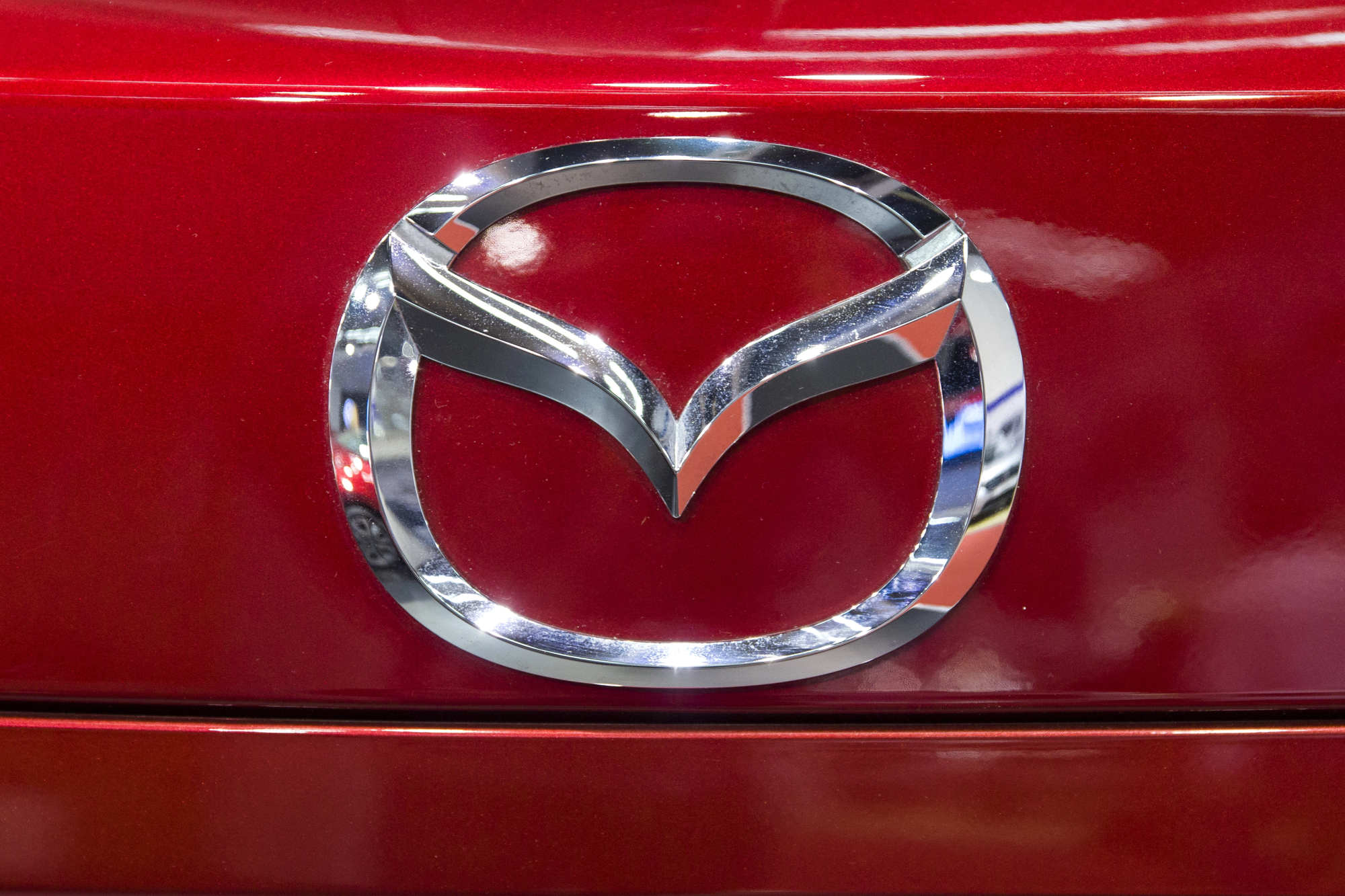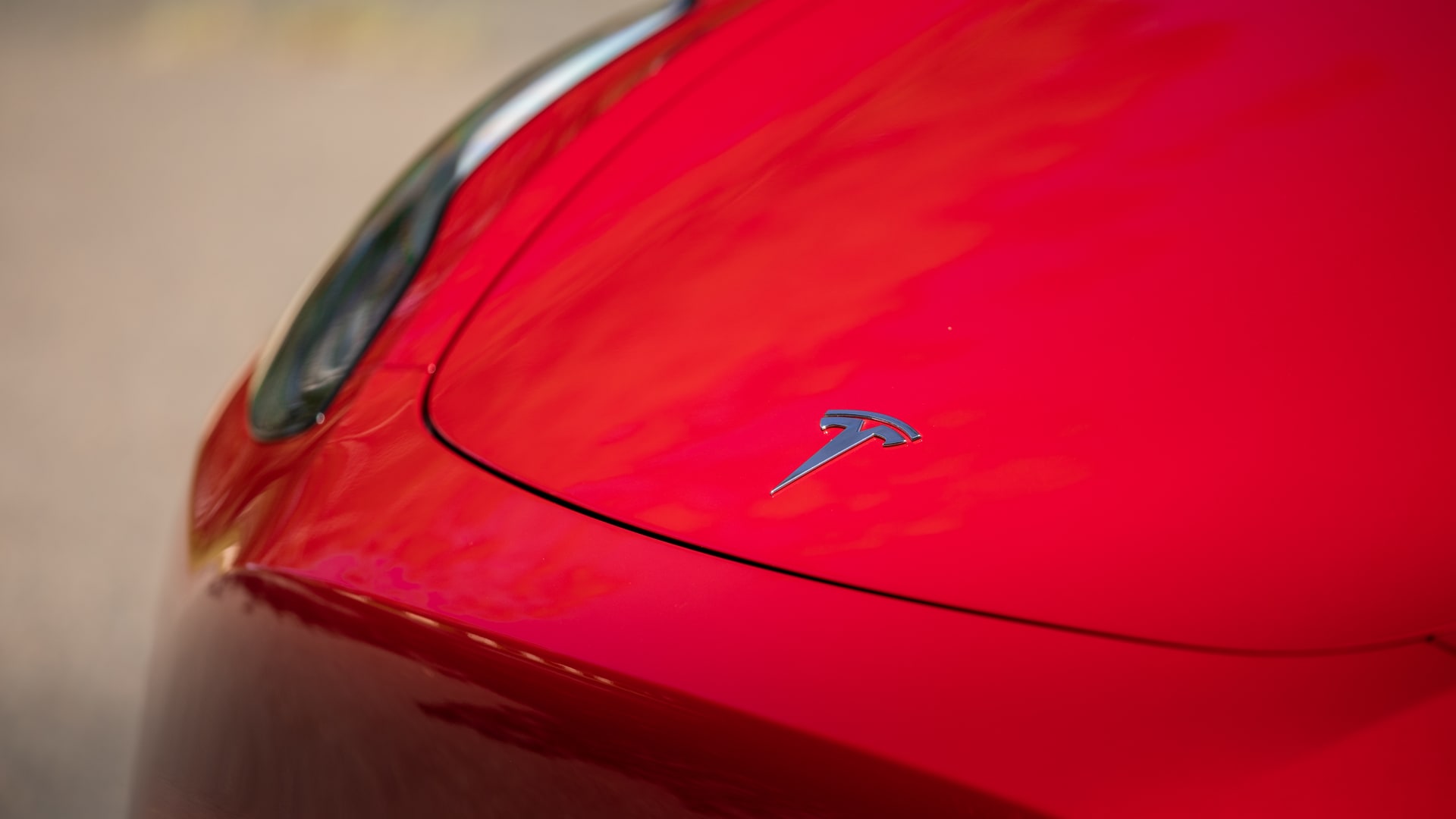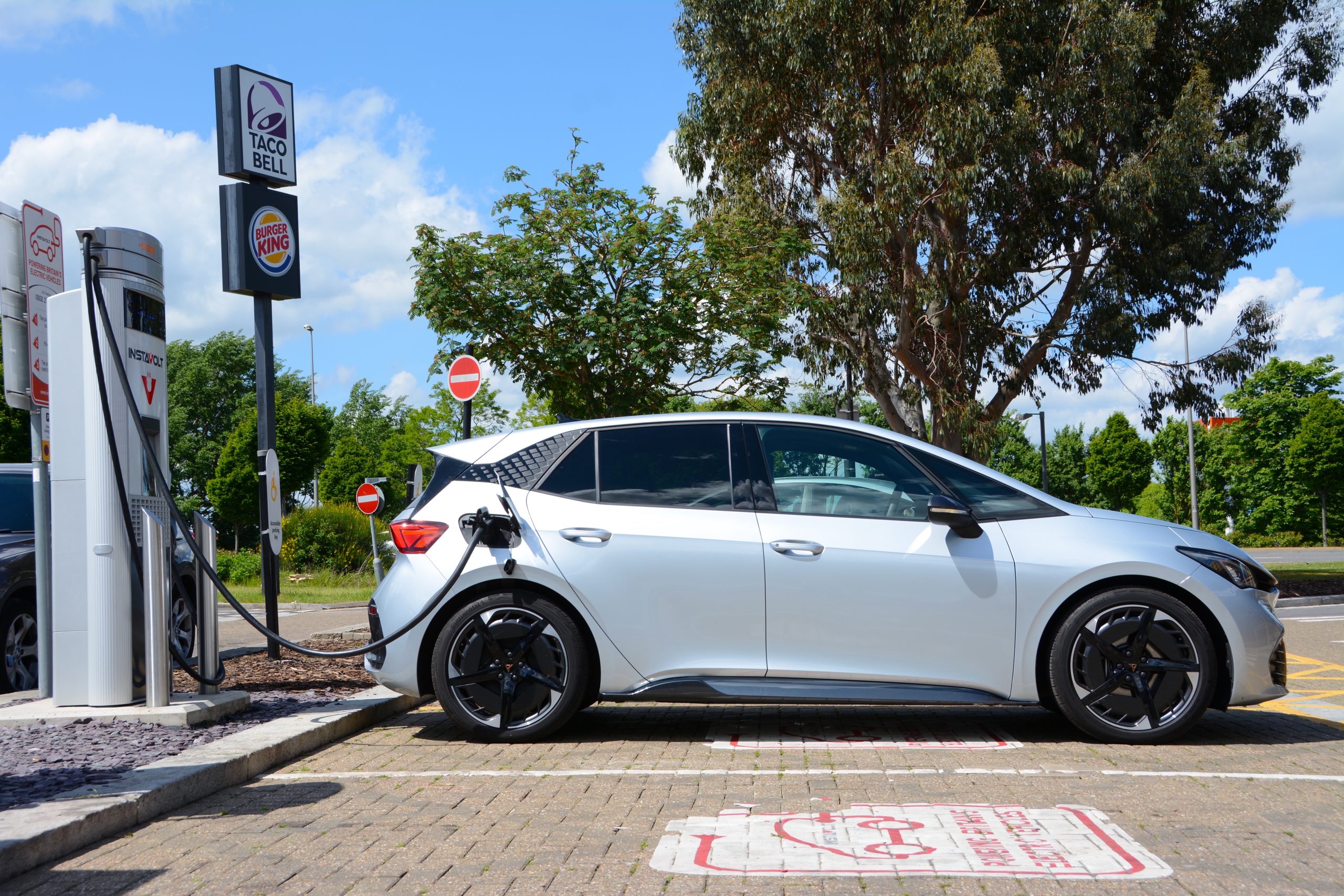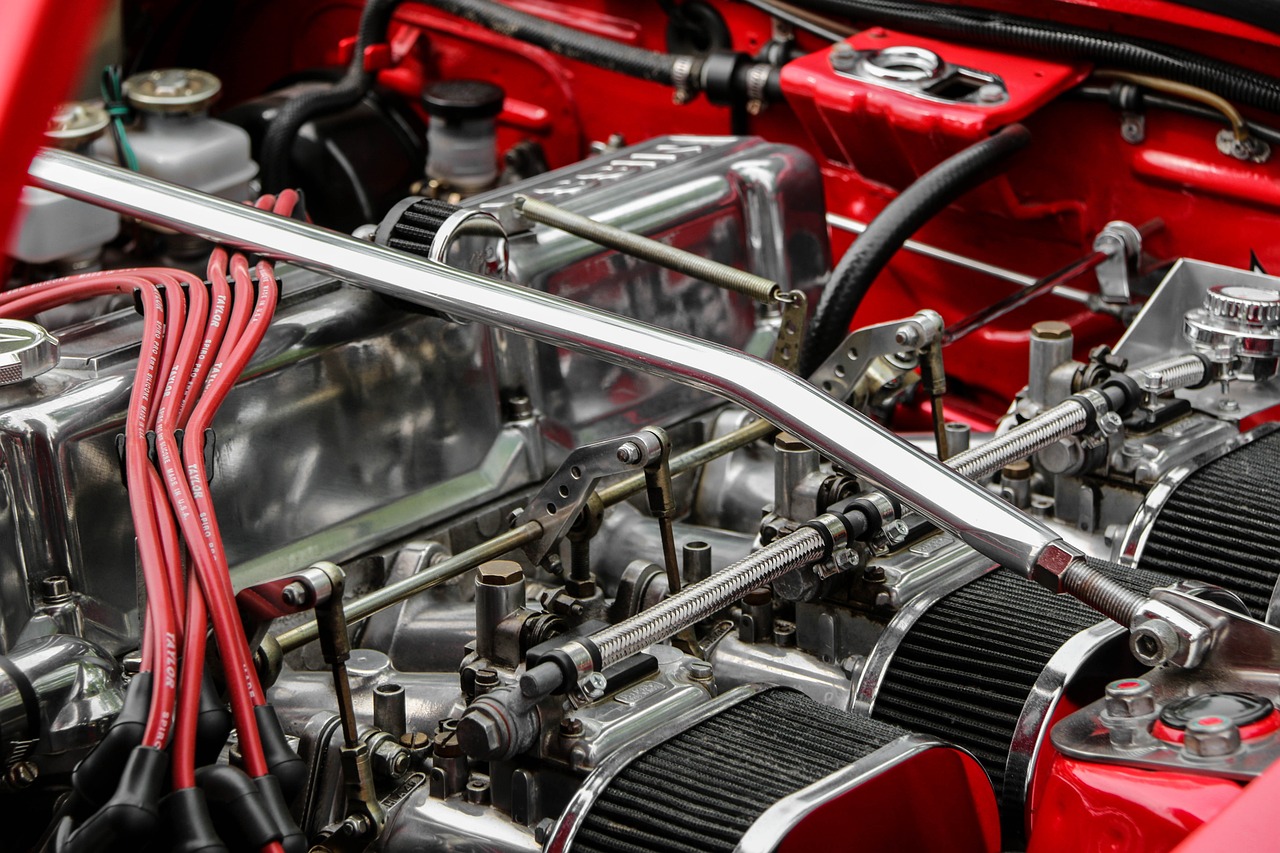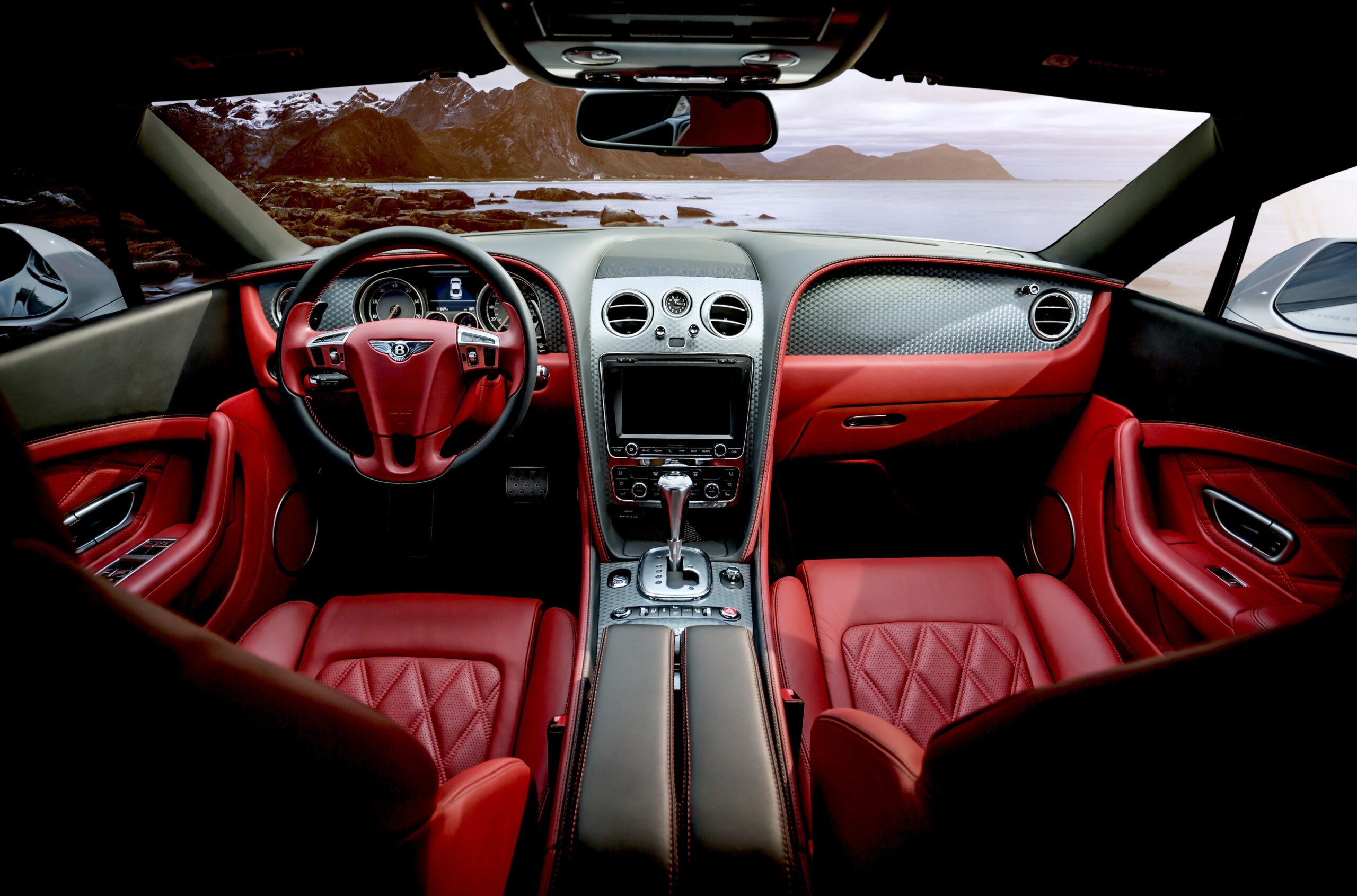Troubleshooting Common Car Noises: Quick Guide
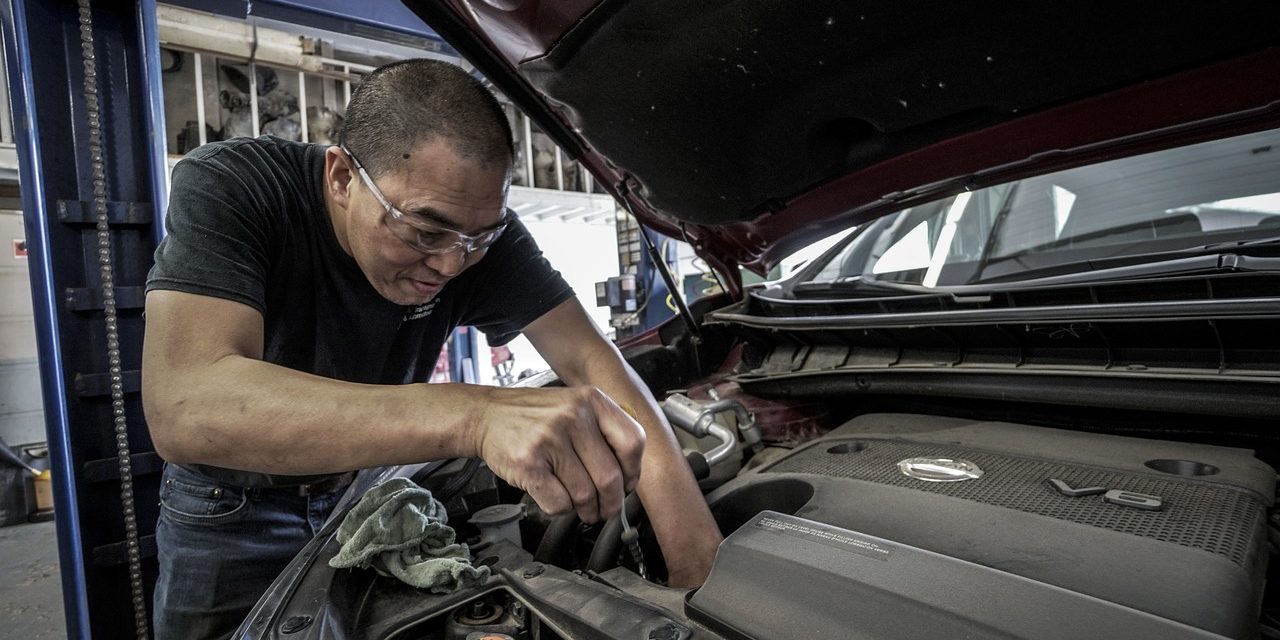
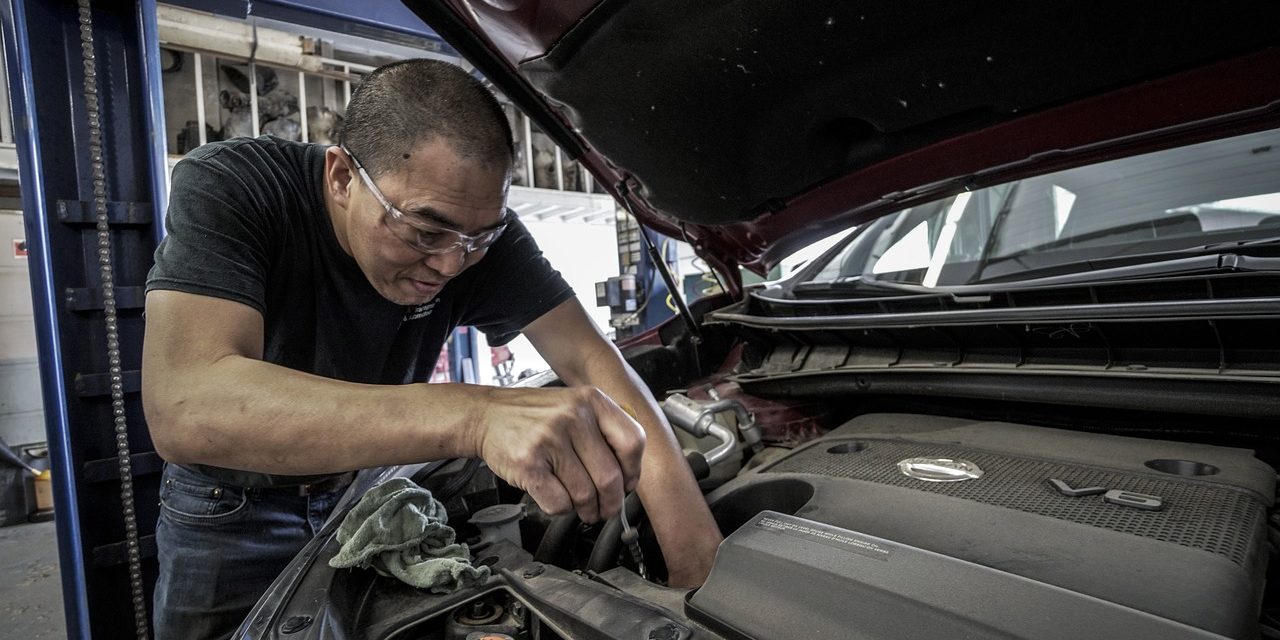
Have you ever heard odd noises from your car and wondered what they mean? It’s crucial to address these sounds. They could signal a small problem or something big. Ignoring them may cost you a lot in repairs. But, we’re here to help you figure out these noises.
Your car makes all kinds of noises, from brakes screeching to exhausts rumbling. It might be hard to understand what your car is trying to say without the right info. Our guide is here to clear things up. We will look at common car sounds and what they could mean. This way, you can spot and fix your car’s noise issues with ease.
Ready to get rid of those mysterious sounds and get your car running smoothly? Let’s begin and find out what your car’s noises are about.
Screeching or Grinding
If you hear brakes screech or notice a grinding sound when you stop, pay attention. These sounds might mean your brake pads are wearing out. Sometimes, wet tires cause a little screeching. If the noise doesn’t stop or if you feel grinding, your brake pads probably need changing.
Brake pads often have “squealers”, these small metal pieces touch the brake rotor, causing a screech. It’s a sign your brake pads are thin and need replacing soon. If you ignore this sound, you might damage more parts of your brakes.
It’s necessary to have a professional inspection if you’re not sure. A mechanic will check if your brake pads are too thin to work well. They’ll advise on the best pads to buy.
Signs of Worn Brake Pads:
- Screeching brakes when applying pressure
- Grinding noise while braking
- Reduced braking performance
- Prolonged braking distances
Don’t let screeching or grinding continue. Acting soon can prevent more brake damage and keep you safe.
Rumbling
If you hear a rumbling noise while your car is idling and it gets louder as you accelerate, it’s key to check it out. An exhaust leak might be the cause. This happens when there’s a break in the exhaust system. It could be a bad gasket, flex pipe, or muffler. When the gases escape, they make a rumbling sound. If you think it’s an exhaust leak, get it fixed by a mechanic.
Worn tires can also make your car rumble. As tires get older, the tread wears down, making them less effective. This can cause a rough, rumbling noise while you drive. It’s essential to have your tires inspected often to keep them in good shape. If they’re old or wearing unevenly, you might need to get new ones for road safety.
In short, a rumbling noise in your car might be from an exhaust leak or worn tires. It’s vital to fix these issues quickly. This keeps your car safe and running well.
Knocking
Hearing a knock in your car’s engine can be troubling. It might happen if you use the wrong gasoline. For example, using low-grade fuel in a high-octane car can hurt your spark plugs.
Spark plugs are key to the engine working right. They start the fuel mix that powers the engine. If they get hurt, the engine might sound like it’s knocking. To keep things smooth, use the gas your car needs.
For your car to run well, take care of the engine. The right gasoline is vital for your spark plugs and the engine as a whole. Always follow what your car’s manual says about fuel. Or ask a mechanic you trust.
Signs of Spark Plug Damage
- Loss of power or acceleration
- Difficulty starting your car
- Poor fuel efficiency
- Engine misfires
- Increased exhaust emissions
Feeling, like the car is weaker, hard starting, or wasting gas, could be from bad spark plugs. It’s wise to check and swap them if needed. Regular care and using the right gas can avoid such issues. This will keep your engine running longer.
Rattling
Do you hear a rattling sound under your car? It means something is loose. The noise might worry you, but don’t be too alarmed. Often, you can easily see what’s making the noise. The tailpipe and the muffler are often the issue. They might get loose because they are old or not installed well.
To fix the noise, first make sure your car is on a flat surface and the engine is off. Then, look closely at the tailpipe and muffler. If you see they are loose, try to tighten them yourself using a screwdriver. But, if you’re not sure what to do or the noise doesn’t stop, get a mechanic to look at it.
When you tighten these parts, the rattling should go away. This also helps keep your car’s exhaust system working properly.
Note: The image above shows a loose tailpipe issue. This is often what you’ll find when you hear a rattling noise from your car’s exhaust.
Hissing
When your car makes a hissing sound after you park, it’s a sign. This could be a leak in your engine, like engine oil or coolant. Such liquids leak and make a hissing noise when they touch hot engine parts. You should check and fix the leak fast to protect your engine.
If your car hisses, the radiator might be too hot. The radiator’s job is to keep the engine cool. But, if it’s too hot from a fault in the cooling system, it hisses. You must act quickly to stop any harm to your car.
High-Pitched Squeal
Does your car make a loud, high-pitched squeal when you turn it on? This sound means you should take notice. It might indicate a belt in your car is worn or cracked. Cars use several belts, including one for the air conditioner. If the noise happens only when the A/C is on, the A/C belt may need to be fixed or changed. You should let a skilled mechanic check the belt. They can adjust or replace it if needed.
Wobbling Sound
If your car makes a loud noise like a laundry machine, check your tires. This noise might mean the wheel nuts are loose. Loose nuts could make a wheel fall off. Another cause could be low tire pressure. It makes a tire more likely to blow out.
To fix this, you should lift your car and tighten the wheel nuts. Secure nuts keep your car safe and steady. Also, fill any low tires to the right level with a pressure gauge. The right tire pressure helps avoid wobbling, saves fuel, and makes your tires last longer.
Sometimes, even with tightened nuts and full tires, the noise continues. This may mean your tire is old or damaged. If this happens, get a professional to check it out. They might tell you to get a new tire to stay safe.

